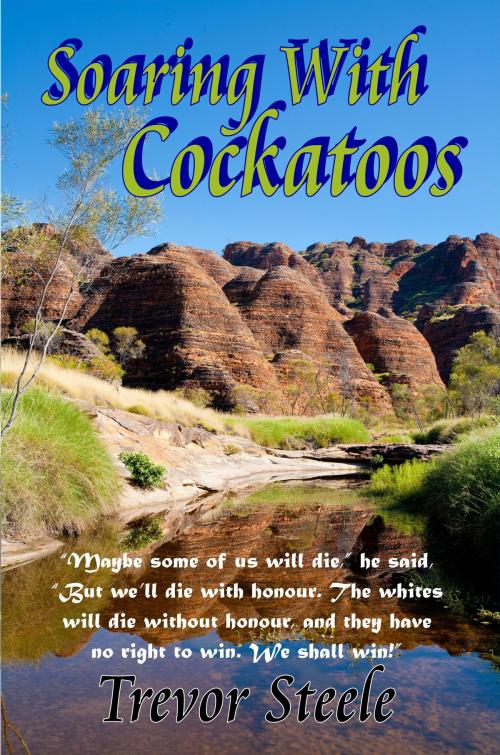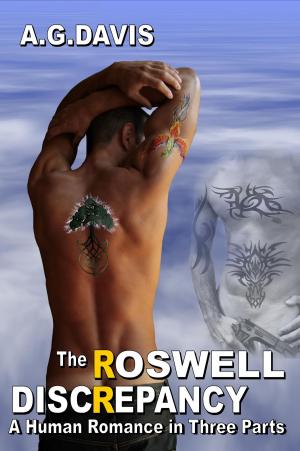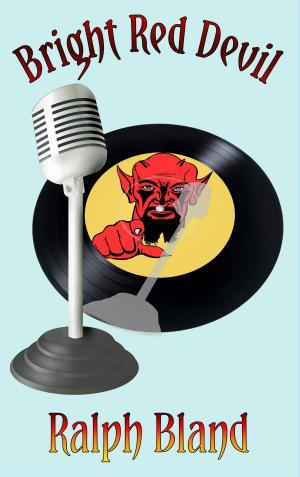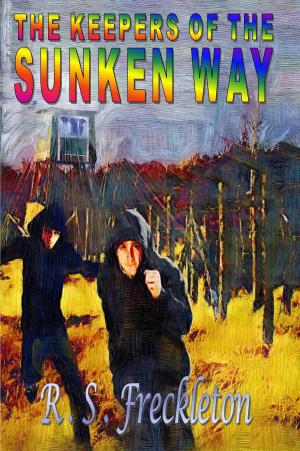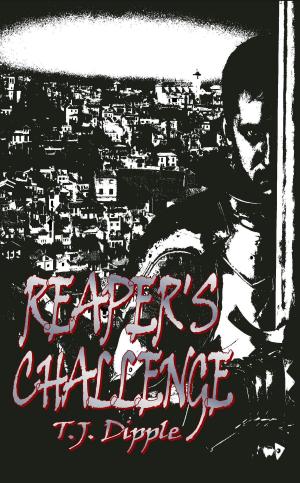| Author: | Trevor Steele | ISBN: | 9781908200716 |
| Publisher: | Mirador Publishing | Publication: | May 14, 2012 |
| Imprint: | Smashwords Edition | Language: | English |
| Author: | Trevor Steele |
| ISBN: | 9781908200716 |
| Publisher: | Mirador Publishing |
| Publication: | May 14, 2012 |
| Imprint: | Smashwords Edition |
| Language: | English |
The last decades of the nineteenth century. European powers are colonising the whole planet and seem unstoppable. In the British colony of Western Australia white settlers ignore the rights of the Aborigines, murder them or chase them from their land, or perhaps readmit them to work as unpaid labourers on newly created properties.
Billy Dixon is a decent, naive young Englishman who hopes to become rich in the colony. His attempt to discover gold is a failure. Yungaburra is a talented young Aborigine, expelled from his tribe for ignoring sexual taboos.
Billy and Yungaburra, two loners, become good friends. But the racial conflict will destroy their friendship. Yungaburra will have to sacrifice his white friend to be readmitted to his tribe. Immediately on readmission he becomes a resistance leader. Only his tribe, living in an area protected by high vertical cliffs and innumerable caves, can hold out against the powerful invaders. Yungaburra understands the white man’s way of thinking and can shoot better than any European, whose “superiority” is in fact based on superior weaponry.
At first violently, then by non-violent methods, Yungaburra succeeds for several years in halting the white invasion. But treachery from within and ceaseless police raids ensure that the end will be tragic.
About the author - Trevor Steele, an Australian, is a well-known author of novels in Esperanto, having published to date thirteen volumes. His English debut was with the novel Reluctant Messiah (Mondial Books, New York, 2010).
Publisher comments - This is a beautiful story. The harsh world of the Australian outback is brought into stark reality. The social political context of the terrible crimes committed by both sides are handled with great compassion. To see the awful misery behind the sweeping changes brought into an Aboriginal society by the unthinking white settlers, through the eyes of both sides in the conflict, is profoundly moving. Never before has a book brought this first invasion into Western Australia so vividly to life.
The last decades of the nineteenth century. European powers are colonising the whole planet and seem unstoppable. In the British colony of Western Australia white settlers ignore the rights of the Aborigines, murder them or chase them from their land, or perhaps readmit them to work as unpaid labourers on newly created properties.
Billy Dixon is a decent, naive young Englishman who hopes to become rich in the colony. His attempt to discover gold is a failure. Yungaburra is a talented young Aborigine, expelled from his tribe for ignoring sexual taboos.
Billy and Yungaburra, two loners, become good friends. But the racial conflict will destroy their friendship. Yungaburra will have to sacrifice his white friend to be readmitted to his tribe. Immediately on readmission he becomes a resistance leader. Only his tribe, living in an area protected by high vertical cliffs and innumerable caves, can hold out against the powerful invaders. Yungaburra understands the white man’s way of thinking and can shoot better than any European, whose “superiority” is in fact based on superior weaponry.
At first violently, then by non-violent methods, Yungaburra succeeds for several years in halting the white invasion. But treachery from within and ceaseless police raids ensure that the end will be tragic.
About the author - Trevor Steele, an Australian, is a well-known author of novels in Esperanto, having published to date thirteen volumes. His English debut was with the novel Reluctant Messiah (Mondial Books, New York, 2010).
Publisher comments - This is a beautiful story. The harsh world of the Australian outback is brought into stark reality. The social political context of the terrible crimes committed by both sides are handled with great compassion. To see the awful misery behind the sweeping changes brought into an Aboriginal society by the unthinking white settlers, through the eyes of both sides in the conflict, is profoundly moving. Never before has a book brought this first invasion into Western Australia so vividly to life.
